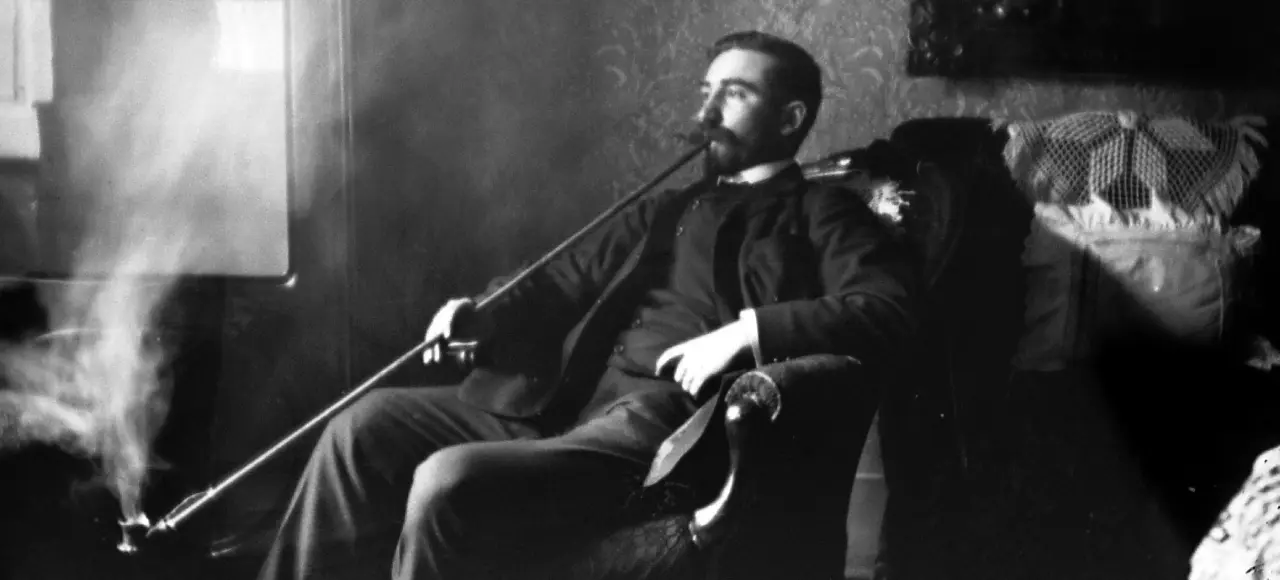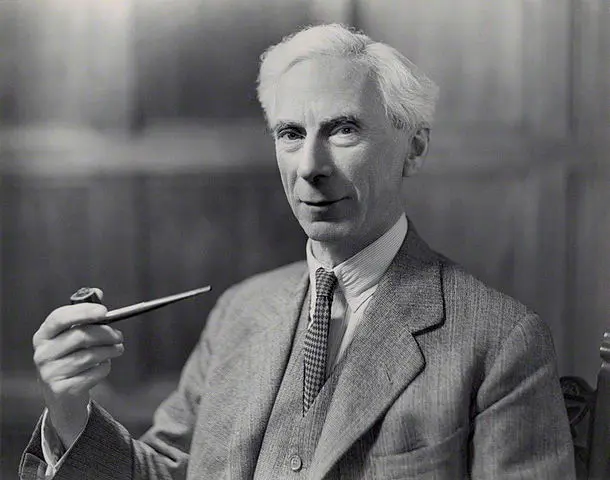Smoking has been a controversial habit throughout history, with many philosophers and intellectuals indulging in this vice. The act of smoking has often been associated with deep contemplation and introspection, making it an intriguing topic to explore. In this article, we will delve into the lives of philosophers who smoked and examine the reasons behind their tobacco consumption.
Friedrich Nietzsche: A Controversial Thinker with a Cigarette in Hand
Friedrich Nietzsche, a renowned German philosopher, is often depicted with a cigarette in hand. Despite suffering from various health issues, Nietzsche found solace in smoking. Some speculate that smoking served as a form of self-medication, providing temporary relief from his chronic pain and mental anguish.
Nietzsche's philosophy was characterized by his emphasis on individualism and the rejection of societal norms. Smoking, for him, may have symbolized a rebellion against conventional wisdom and a way to assert his own autonomy. The act of lighting a cigarette could be seen as a metaphorical act of igniting one's own ideas and challenging established beliefs.

While Nietzsche's smoking habit was not without controversy, it is important to remember that his contributions to philosophy extend far beyond his tobacco consumption. His works continue to shape philosophical discourse to this day.
Socrates: Smoking in Ancient Athens
Although smoking as we know it did not exist in ancient times, Socrates, the Athenian philosopher, had his own unique relationship with tobacco-like substances. Socrates was known to indulge in the consumption of a plant called hemlock, which was used as a deadly poison in his execution.

In the trial of Socrates, he was charged with impiety and corrupting the young. While these charges may seem absurd to modern sensibilities, they held significant weight in Ancient Athens, where religious beliefs played a crucial role in societal norms. Socrates' unconventional views and questioning of established gods made him a target for those seeking to maintain the status quo.
The act of consuming hemlock can be seen as a powerful statement of defiance. Socrates chose to face death on his own terms, refusing to compromise his beliefs or renounce his philosophical inquiries. In this sense, his smoking of hemlock can be interpreted as an act of intellectual courage and a commitment to his principles.
The Influence of Smoking on Philosophical Thought
Smoking, for some philosophers, became intertwined with their intellectual pursuits. The act of smoking served as a catalyst for deep thinking and contemplation. The ritualistic nature of smoking, with its repetitive actions and moments of solitude, allowed philosophers to enter a state of introspection and focus.
Furthermore, smoking was often associated with social gatherings and intellectual discussions. Philosophers would gather in cafes or salons, engaging in spirited debates while enjoying a smoke. The act of smoking became a symbol of intellectual camaraderie and a way to stimulate conversation.
However, it is essential to note that smoking is a personal choice, and not all philosophers engaged in this habit. The association between smoking and philosophical thought is subjective and varies from individual to individual.
The Legacy of Smoking Philosophers
While the smoking habits of philosophers may be intriguing, it is crucial to remember that their contributions to philosophy extend far beyond their tobacco consumption. The ideas and theories put forth by these intellectuals continue to shape our understanding of the world.
Smoking, in the context of philosophy, should not overshadow the philosophical discourse itself. The focus should remain on the intellectual achievements and the impact these philosophers had on shaping our understanding of the human condition.
In Conclusion
The relationship between smoking and philosophical thought is a complex and multifaceted topic. For some philosophers, smoking became intertwined with their intellectual pursuits, serving as a catalyst for deep thinking and contemplation. However, it is crucial to remember that smoking is a personal choice, and not all philosophers engaged in this habit.
Ultimately, the legacy of these philosophers lies in their intellectual contributions rather than their smoking habits. The ideas they put forth continue to shape philosophical discourse and inspire new generations of thinkers.
If you want to know other articles similar to Smoking philosophers: exploring the intellectuals who embraced tobacco you can visit the Tobacco category.


Related Articles